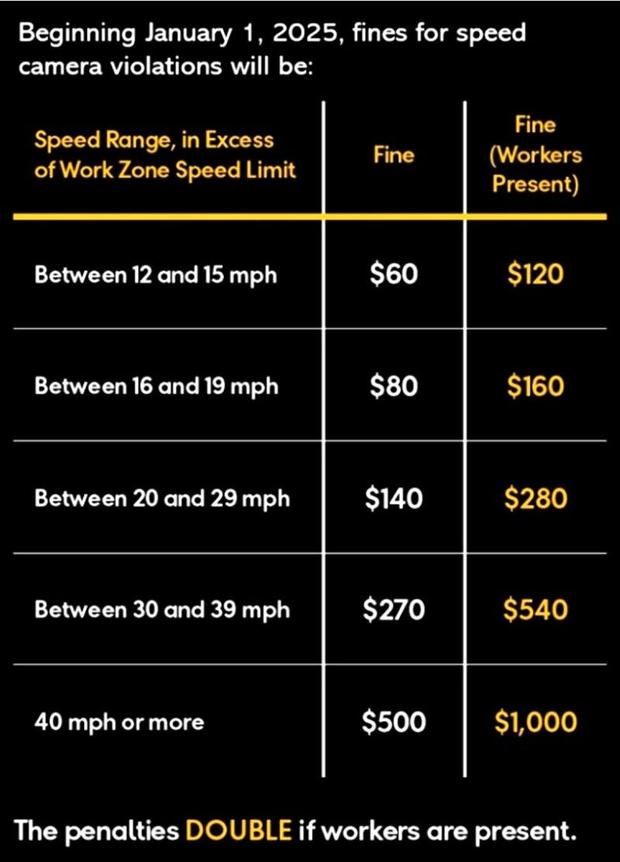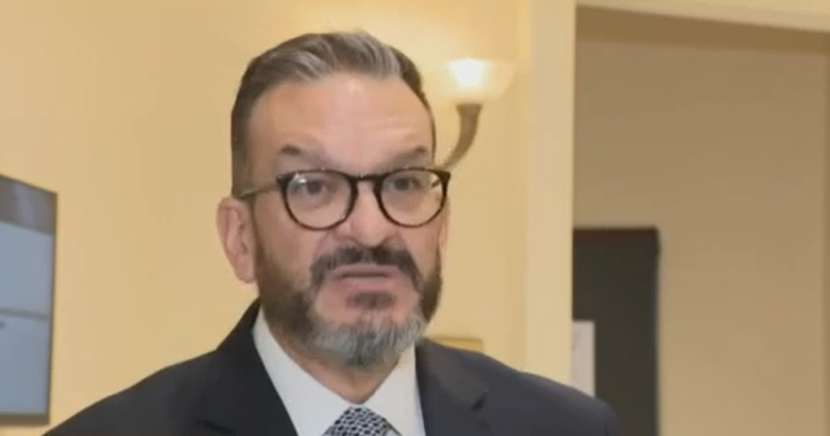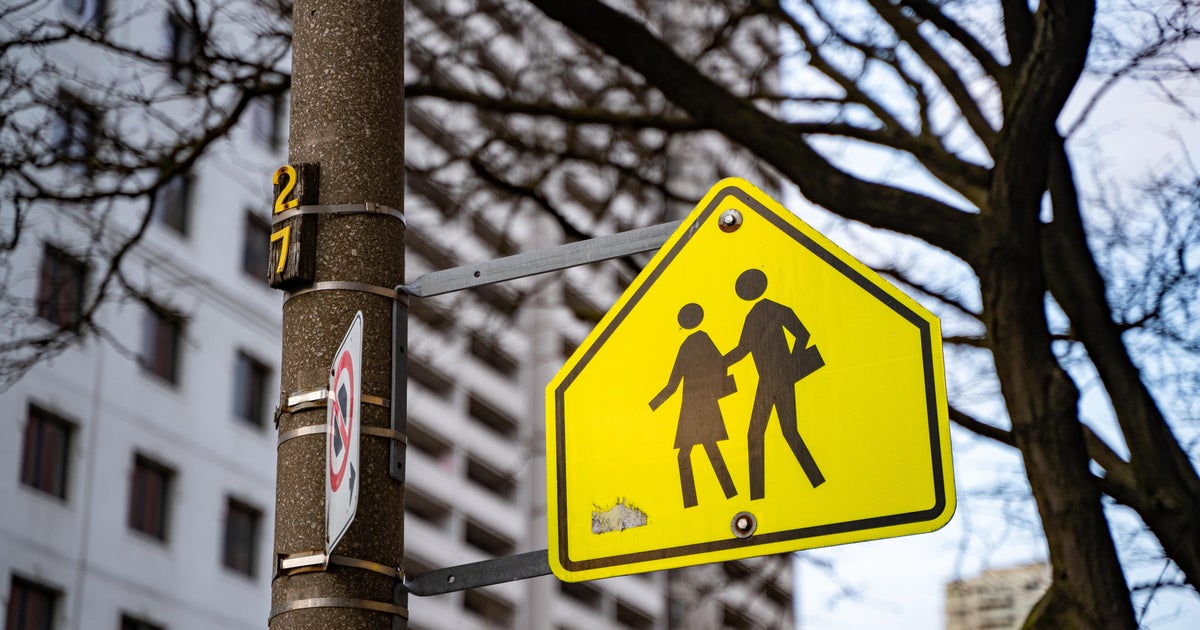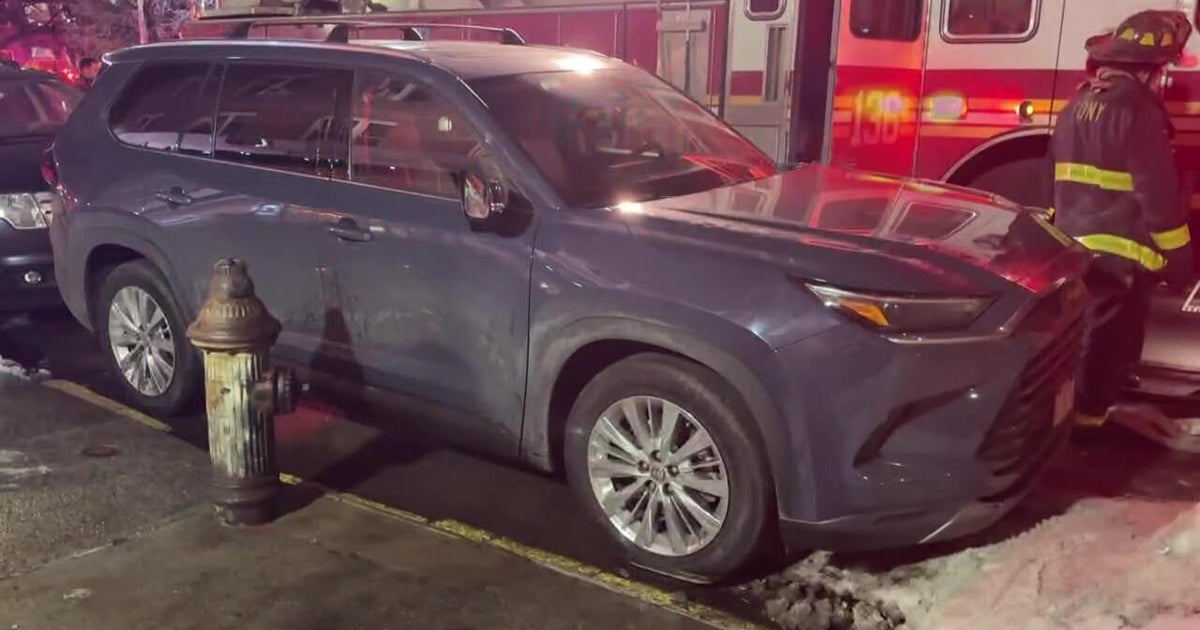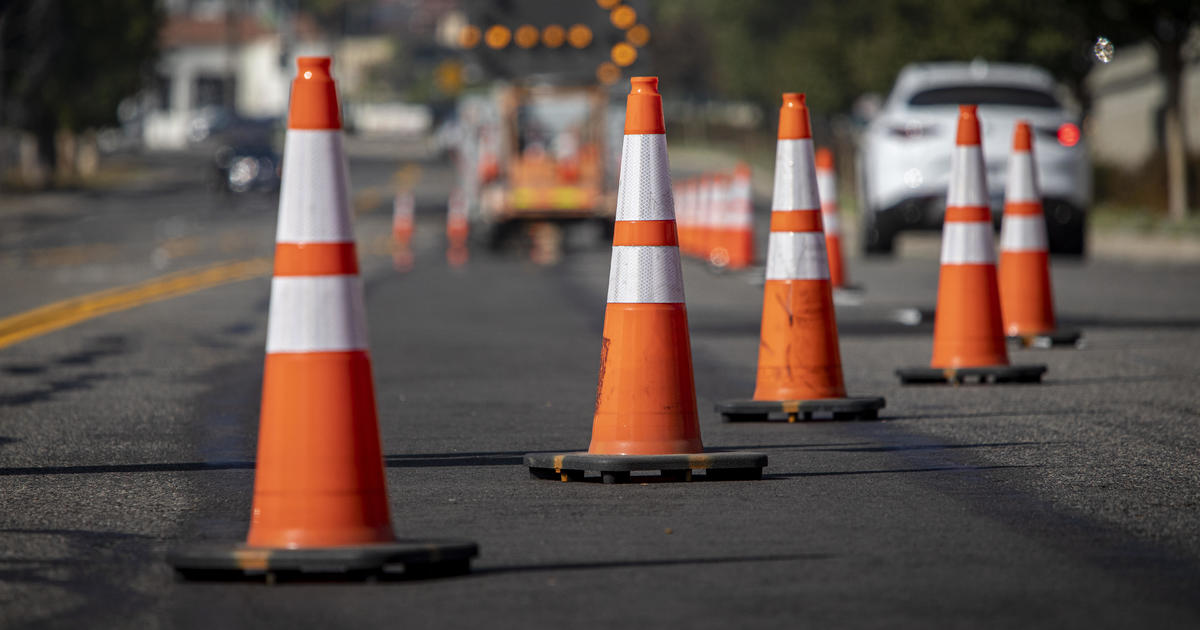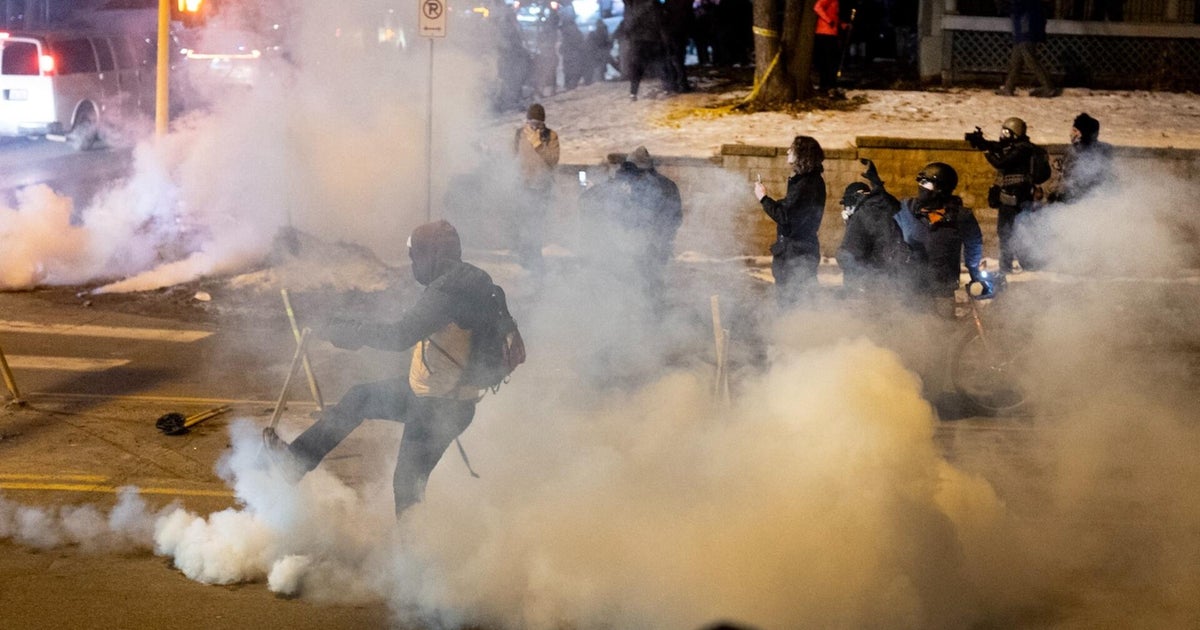These Maryland laws go into effect January 2025
BALTIMORE -- The new year brings new changes for Maryland. Here's a break-down of some of the new legislation that take effect in January 2025.
Maryland Road Worker Protection Act
Signed into law in April, The Maryland Road Worker Protection Act expands the use of speed cameras in work zones and raises the penalty for traffic violations in work zones.
The law was formulated after an incident on March 22, 2023, when six road workers died when a car going more than 100 mph crashed into a work zone on I-695 in Baltimore County.
Lt. Governor Aruna Miller chaired a work zone safety work group after the crash that resulted in this legislation.
In June, work-zone speed camera violation fines increased from $40 to $80.
A tiered fine system began on January 1, 2025:
Annapolis gas-powered leaf blower ban
The use of gas-powered leaf blowers in Annapolis residential areas is prohibited as of January 1.
The ban applies to individuals and commercial landscaping businesses. Violations are subject to fines of up to $200.
"A lot of companies and landscaping businesses need those kinds of tools to make a living," said Annapolis resident Michael. "I think it's going to really hurt some people."
"In the future, I hope people move towards batteries and electric," added Annapolis resident Garrett Tache.
Annapolis plastic bag reduction act
On January 22, the Plastic Bag Reduction Act will take effect in Annapolis on January 22, the City of Annapolis.
The legislation passed in July restricts retail establishments from providing plastic bags at checkout. It also requires stores to charge 10 cents for paper bags, with the proceeds retained by retailers.
Security guard licensing requirements
Maryland individuals or businesses that employ one or more people for security services, or loss prevention, are required to license those employees as security guards, effective January 1. Newly designated security guard employers must also register online and submit proof of insurance with the Maryland State Police Licensing Division.
The existing paper-based Professional License applications will be replaced by an entirely electronic application submission and fee collection process. No checks or money orders will be accepted, according to the MSP.
Hearing aids for adults
HB1339 requires insurers, nonprofit health service plans, and health maintenance organizations to provide coverage for hearing aids. Benefits can be limited to $1,400 per hearing aid for each hearing impaired ear every 36 months, per the law.
Opioid Overdose and Opioid-Related Emergency
HB 1155 and SB 1071 require hospitals to follow specific protocol when treating opioid related emergencies. Mandates include requiring hospitals to use uniform practices for screening and diagnosing opioid emergencies. The laws will also require hospitals to refer patients who were treated for opioid emergencies to providers for further treatment before discharging them.
Orthoses and prosthesis Coverage
Maryland House Bill 865, also known as the "So Every Body Can Move Act," requires Medicaid in Maryland to provide coverage for orthoses and prostheses and replacement prostheses starting January 1, 2025. It also prohibits insurers from imposing higher co-payments for orthoses and prostheses coverage.
